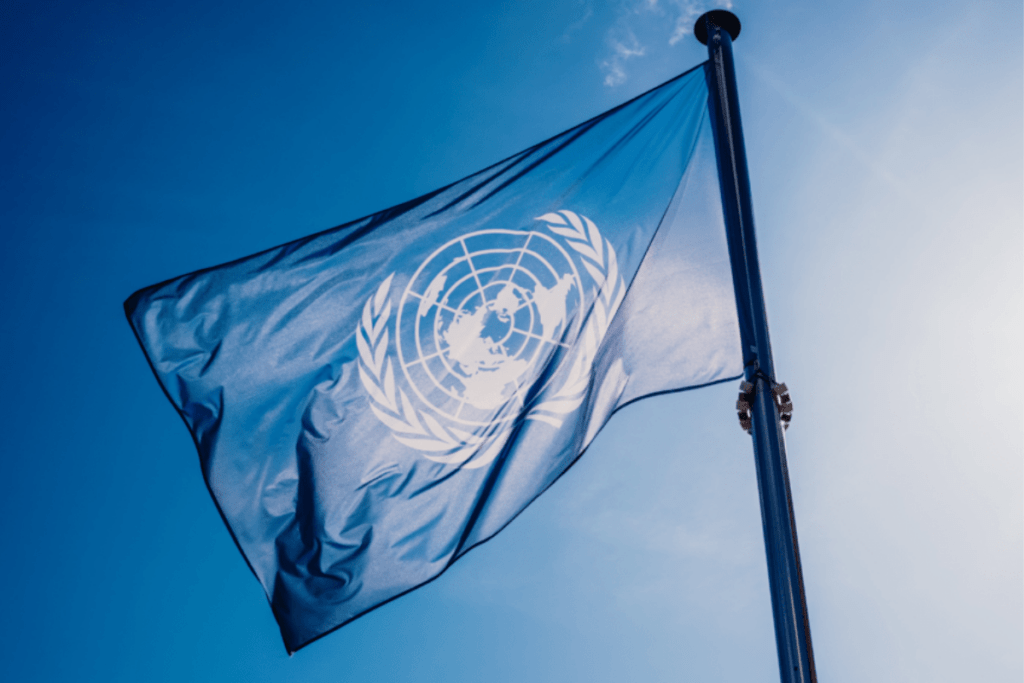UN Resolution on Plastic Pollution and Human Rights
The United Nations Human Rights Council has made a landmark decision on the relationship between plastic pollution and human rights. On April 4, 2025, the Council adopted a resolution that acknowledges the need for a clean, healthy, and sustainable environment. This resolution marks the connection between ocean protection, plastic pollution, and the fundamental rights of individuals. It marks a very important shift in global environmental governance.
Context of the Resolution
The resolution was passed during the Council’s 58th session. It reflects a growing awareness of the environmental crisis caused by plastic pollution. The document calls for a human rights-based approach to environmental governance. It builds on previous UN recognitions of the right to a healthy environment, reinforcing the need for integration of human rights in environmental policies.
Human Rights + Environment
- For the first time, UN member states agreed that human rights must be part of global action against the environmental and health damage caused by plastics.
- The resolution says plastic pollution, climate change, and biodiversity loss together harm the oceans and human rights.
- The resolution says protecting marine ecosystems is not just about nature, but also about protecting human dignity and health.
Follows Past UN Decisions
- Builds on earlier decisions:
- 2021: UNHRC recognized the right to a healthy environment.
- 2022: UN General Assembly passed a resolution on the same.
Special Report Influence
- A Dec 2024 report by the UN Special Rapporteur helped shape this resolution.
- The report emphasized that the ocean is a single, vital biome that supports life and human rights — especially for coastal and small island communities.
Human Rights-Based Approach
- The resolution calls for ocean governance that:
- Involves local people and communities
- Protects vulnerable groups
- Ensures inclusion, transparency, and accountability
Human Rights-Based Approach to Ocean Governance
The Council calls for a human rights-based approach to ocean governance. This approach prioritises inclusion and participation of at-risk communities. It aims to protect those most affected by environmental degradation and natural disasters. The resolution urges states to take coordinated action throughout the entire plastics life cycle.
Importance of Indigenous Knowledge
The resolution acknowledges the role of Indigenous Peoples and local communities in sustainable resource management. It calls for the integration of their traditional knowledge into ocean governance. This recognition is vital for creating effective and inclusive environmental policies.
Focus on Plastic Pollution
Addressing plastic pollution, especially in marine environments, is a top priority. The resolution marks the devastating impact of plastic on ecosystems, economies, and human societies. It advocates for international cooperation and climate resilience strategies that focus on vulnerable populations.
Month: Current Affairs - April, 2025
Category: Environment Current Affairs








